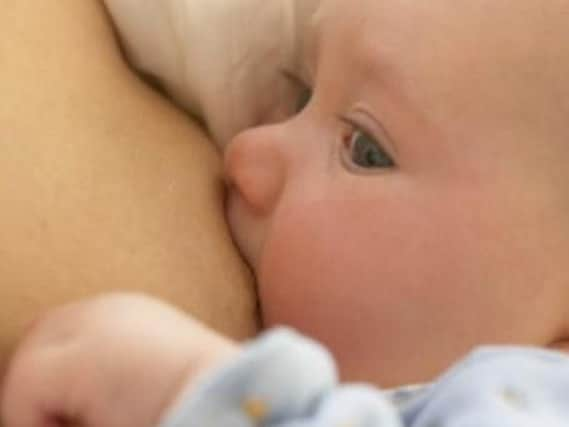Women's breasts "eat" themselves after breastfeeding, Sheffield scientists say


Researchers at the University of Sheffield say they have identified the molecular switch that causes women's breasts to stop producing milk when they stop breastfeeding.
Once lactation is complete, cells in the breasts devour dead cells that are left over from the breastfeeding process.
Advertisement
Hide AdAdvertisement
Hide AdScientists had previously been baffled about how breasts could rapidly transform from milk-making machines back to their natural state in a matter of days.
It is hoped that the new research could provide vital insights into the development of breast cancer.
'Women's breasts comprise a network of ducts, covered by a layer of fatty tissue,' explains Linda Geddes, writing for New Scientist.
'During pregnancy, hormonal signals cause epithelial cells lining the ducts to proliferate and form ball-like structures called alveoli, which is where milk is made when the baby is born.
Advertisement
Hide AdAdvertisement
Hide Ad'However, once women stop breastfeeding, these structures self-destruct – a process that involves massive cellular suicide, and the removal of the debris'.
While the body is known to remove dead cells through a process called phagocytosis, the scale of such a process would usually cause significant swelling and pain.
This doesn't appear to happen when a woman finishes breastfeeding, and scientists were not sure why until now.
The study was published in the journal Developmental Cell.